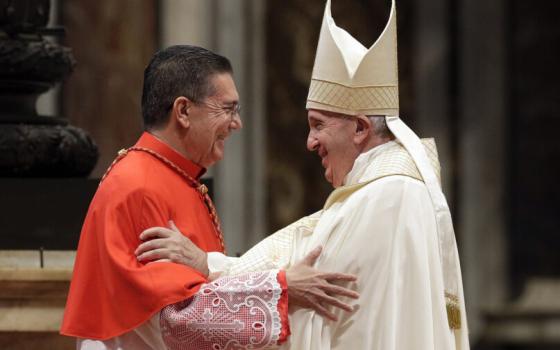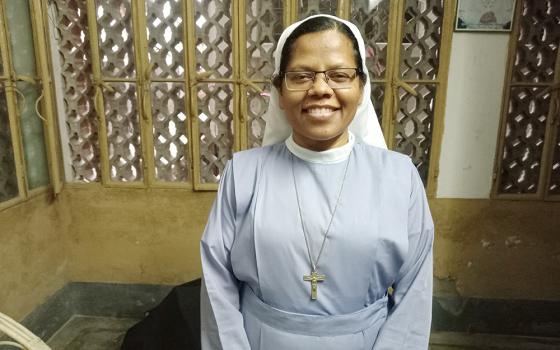With due deference to my colleague Michael Sean Winters’ analysis this morning of the religious liberty fight that the bishops seem to desperately want to engage, I wonder if some of the current dispute might be explained in far more simple terms than a need to fend off the worst materialist, anti-religious, anti-transcendent elements of contemporary culture.
I would be more inclined to accept some underlying societal hostility toward Catholicism and other things religious at the heart of the matter were it not true that Catholics are liberally sprinkled throughout the most powerful quarters of the culture, from the Supreme Court, to the halls of Congress, from governors mansions to Wall Street. The vice president, after all, is Catholic, as is President Obama’s chief of staff, not to mention the head of Health and Human Services.
So let me take another, more pedestrian tack toward understanding this contretemps between the Obama administration and the bishops that resulted in the loss of a federal government grant to help stop sex trafficking. Ostensibly it was lost because continuing the millions of dollars in grants to the church would require continuing to make exceptions in the areas of contraception and abortion. But those exceptions have been in place for years in more than one program.
Coming at it from another angle, isn't it reasonable to expect that if you’re the leaders of the largest religious denomination in the country and you’ve done everything you can to stop passage (on a largely unfounded basis) of health care reform, the new administration’s premier legislative effort, and you were the loudest in denouncing one of your own university’s invitations to the President of the United States to speak on its campus, when contract renewal time rolls around you might not be at the top of the list? To paraphrase, “It’s politics, stupid.”
I hope that the rift between administration and bishops is quickly bridged because the church has important contributions to make to the larger culture and the folks at agencies like Catholic Charities USA (some of whom might be understandably nervous at the state of things) depend heavily on federal dollars for their existence.
But I also hope that the bishops, who have become quite adept at blaming everything and everyone else but themselves for their troubles inside the church and in the wider culture, would spend a bit of time reflecting on the question: Why is it that politicians today, many of them Catholic, apparently have little fear of engaging in this kind of squabble with the leaders of the nation’s largest religious denomination?



